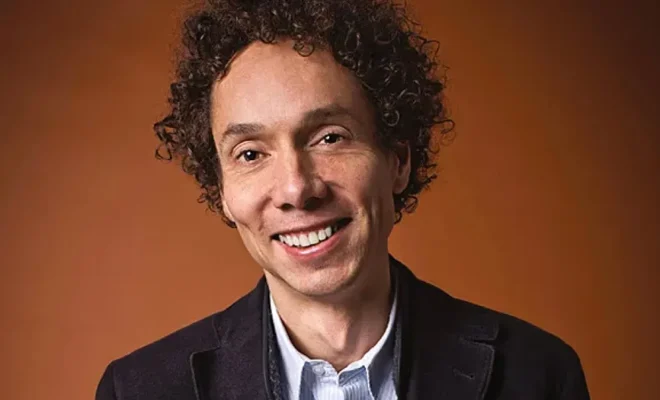The 10,000 Hour Rule Is Wrong: How to Really Master a Skill

The 10,000 hour rule, made famous by Malcolm Gladwell in his book Outliers, states that it takes roughly 10,000 hours of deliberate practice to master a skill. However, recent research suggests that this rule is not always accurate and that there are more effective ways to truly master a skill.
Firstly, the idea of simply putting in the hours is not enough on its own. Deliberate practice, as coined by psychologist Anders Ericsson, involves setting specific goals, receiving feedback, and constantly pushing oneself to improve. In other words, quality practice is more important than quantity practice.
Moreover, it is important to mix up the practice routines. According to cognitive psychologist Mark McDaniel, regularly changing the way you practice a skill can help improve retention and performance. This is because it forces the brain to constantly adapt to new challenges, reinforcing the necessary neural connections.
Another crucial factor in mastering a skill is passion and motivation. People who are genuinely interested in a particular skill are more likely to persist in their practice and ultimately achieve mastery. It is important to be driven by a desire to improve oneself, rather than just reaching a particular goal.
Mentorship and seeking out guidance from experts in the field is also beneficial. Working with a mentor provides opportunities to receive feedback, learn new techniques, and access resources that can accelerate the learning process.
Finally, it is important to take breaks and allow the brain to rest and recharge. Studies have shown that practicing a skill for too long without taking breaks can actually lead to burnout and hinder progress. So it is important to take breaks and engage in other activities to maintain a healthy mindset and avoid burnout.





